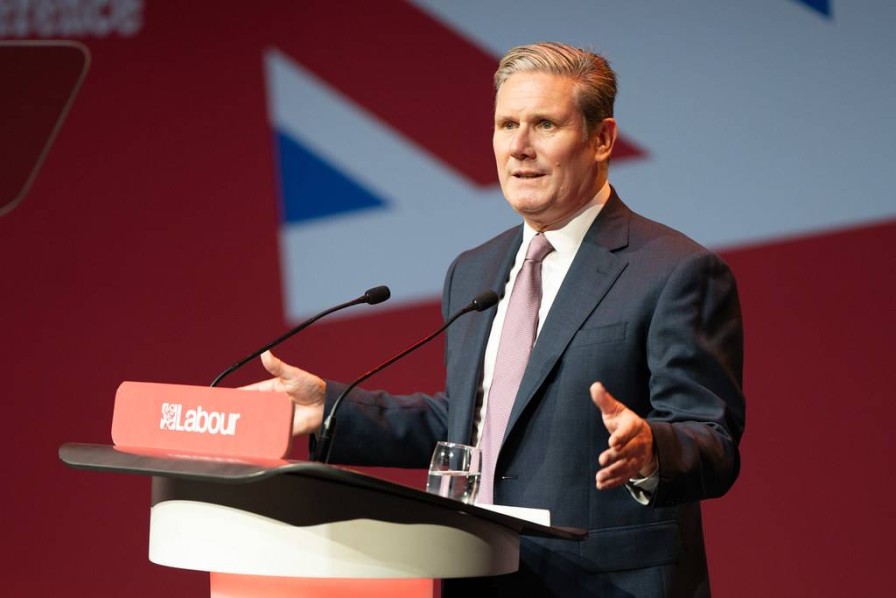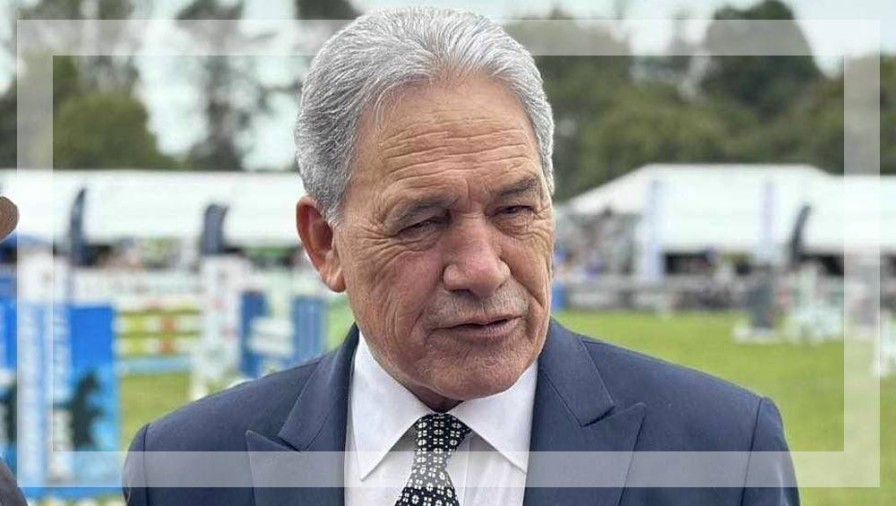Trump signals Ukraine ceasefire talks; UK-EU strike new deal
And JPMorgan Chase chief executive Jamie Dimon warns against complacency in Trump tariff era.
JPMorgan Chase CEO Jamie Dimon.
And JPMorgan Chase chief executive Jamie Dimon warns against complacency in Trump tariff era.
JPMorgan Chase CEO Jamie Dimon.
Ata mārie and welcome to your Tuesday recap of the international business and political stories making headlines.
In developing news, US President Donald Trump announced that Russia and Ukraine would immediately start negotiations for a ceasefire and ultimately end the conflict, CNN reported.
“The conditions for that will be negotiated between the two parties, as it can only be, because they know details of a negotiation that nobody else would be aware of,” Trump said.
He held a two-hour phone call with Russian President Vladimir Putin, noting that the “tone and spirit” of the conversation “were excellent”.
“Russia wants to do largescale trade with the United States when this catastrophic ‘bloodbath’ is over, and I agree. There is a tremendous opportunity for Russia to create massive amounts of jobs and wealth,” Trump said.
In the Middle East, The Israel Defence Forces issued a major evacuation warning for southern Gaza, telling tens of thousands of residents to evacuate, the ABC reported.
The IDF said it was preparing to launch an "unprecedented attack" against militant group Hamas in the area. Palestinians in Khan Younis were being told to head west towards the coast and the Al Mawasi region.
Meanwhile, Israel said a "basic amount of food" could enter Gaza to ensure no mass starvation crisis developed, after blockading the territory for nearly three months, the BBC reported.

UK Prime Minister Keir Starmer.
The UK and European Union struck a new deal that covered fishing, trade, defence, and energy, as both sides hoped to ease Brexit tension and forge a new path forward, the BBC reported. The agreements on trade and energy would add nearly £9 billion to the UK economy by 2040.
Other announcements included allowing British travellers to use more passport e-gates and automated self-service barriers at European airports, protecting British steel exports from new EU rules and tariffs, as well as more co-operation on illegal migration.
Elsewhere, JPMorgan Chase chief executive Jamie Dimon warned against complacency in the face of new risks, including Trump’s tariffs, inflation and geopolitical tension, Bloomberg reported.
Dimon said the chances of elevated inflation and stagflation were greater risks. “Credit today is a bad risk,” he said. “The people who haven’t been through a major downturn are missing the point about what can happen in credit.”
He also discussed the recent market volatility from the on-off tariffs. “People feel pretty good because you haven’t seen an effect of tariffs. The market came down 10%, it is back up 10%. That’s an extraordinary amount of complacency.”
In business news, Nvidia chief executive Jensen Huang revealed new products that aimed to keep the technology company at the core of artificial intelligence development, CNBC reported.
He unveiled the new NVLink Fusion programme, which would allow customers to use non-Nvidia central processing units. Until now, NVLink was only accessible with Nvidia-made chip technology.

Foreign Affairs Minister Winston Peters.
Back home, Foreign Minister Winston Peters planned to travel to Australia and South Asia later this week, including a key visit to trade-focused India.
“We are committed to bringing greater focus and energy to New Zealand’s relationships with South Asia,” Peters said.
He will travel to New Delhi to meet External Affairs Minister Subrahmanyam Jaishankar.
“Over the past 18 months, New Zealand and India have worked hard to build a stronger, broader-based relationship for mutual benefit. This visit will take stock of our progress.”
Peters leaves New Zealand on Friday and returns on May 31.
Sign up to get the latest stories and insights delivered to your inbox – free, every day.